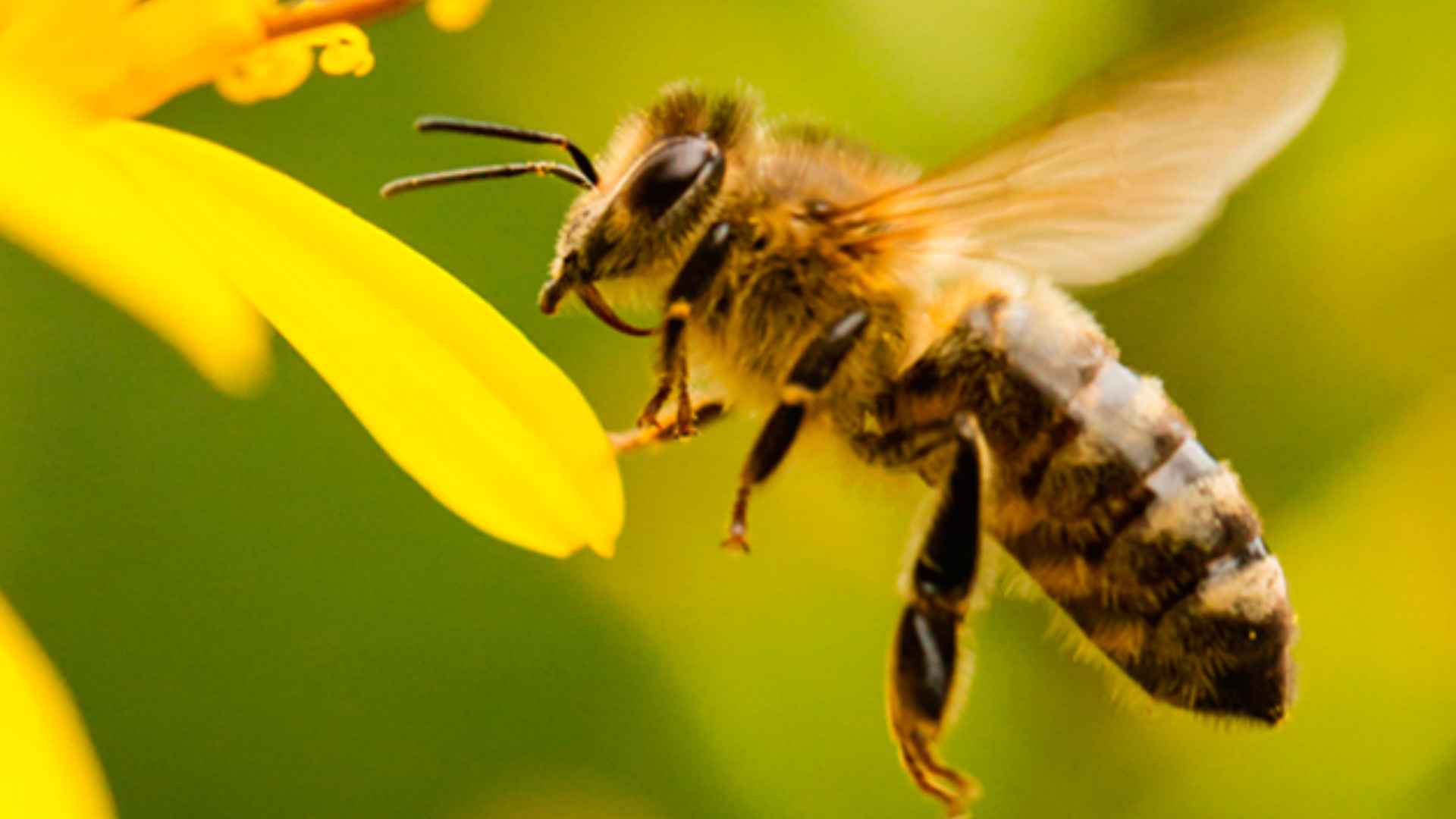Hot‑weather invaders push north, raising safety worries for people, pets and native pollinators.
First reports placed Africanized honeybees only in pockets of the Southwest, but warmer winters now let them thrive across 13 states. Their nickname—“killer bees”—comes from their relentless hive defense. Anyone who gardens, hikes or simply walks the dog could be affected, especially in the South where colonies multiply fast.
Why the rapid expansion of Africanized honeybees spells trouble for southern communities
Unlike European honeybees, Africanized hybrids falter in cold weather. Climate shifts have opened new territory from California to Virginia, giving them extra months to build huge populations. That spells trouble: their sting hurts no more than a regular bee’s, yet attacks involve many insects and can chase a victim for nearly a mile—ever tried outrunning a swarm? Key facts to keep in mind:
- Colonies grow faster and swarm more often than domestic honeybees.
- They react to vibrations and movement within seconds.
- One alert hive can recruit neighbor colonies, creating a rolling attack front.
The states with confirmed populations are listed below.
| State | Current status* |
|---|---|
| California | Established, expanding inland |
| Nevada | Scattered colonies in southern counties |
| Arizona | Widespread in desert and urban areas |
| New Mexico | Present along Rio Grande corridor |
| Texas | Dense in central and coastal regions |
| Louisiana | Growing numbers near marshland |
| Mississippi | Found along Gulf counties |
| Alabama | Spreading northward each summer |
| Florida | Persistent in central and south |
| Georgia | First large colonies since 2020 |
| South Carolina | Documented in coastal plain |
| North Carolina | Limited but increasing sightings |
| Virginia | Recent confirmations in Tidewater |
*Compiled from agriculture and extension reports plus a Clarion Ledger survey.
What to do if you encounter a suspected Africanized killer bee colony near home
So, what should you do if that buzzing cluster looks meaner than usual? First, do not knock or spray the hive; the bees will win that argument. Next, back away in a straight line while shielding your face—breath and hair odors can trigger pursuit. Finally, call a licensed pest‑control or beekeeping professional; Professor Juliana Rangel of Texas A&M warns that amateur removal is “extremely risky.” Quick checklist for homeowners and hikers:
- Wear light‑colored clothing; dark fabrics appear threatening.
- Keep pets on leashes; barking provokes defensive swarms.
- Carry an epinephrine pen if you are allergic.
- Report aggressive hives to local extension offices.
Africanized honeybees still pollinate plants, yet their aggressive edge demands vigilance. Stay informed, take sensible precautions, and coexist—at a safe distance.

